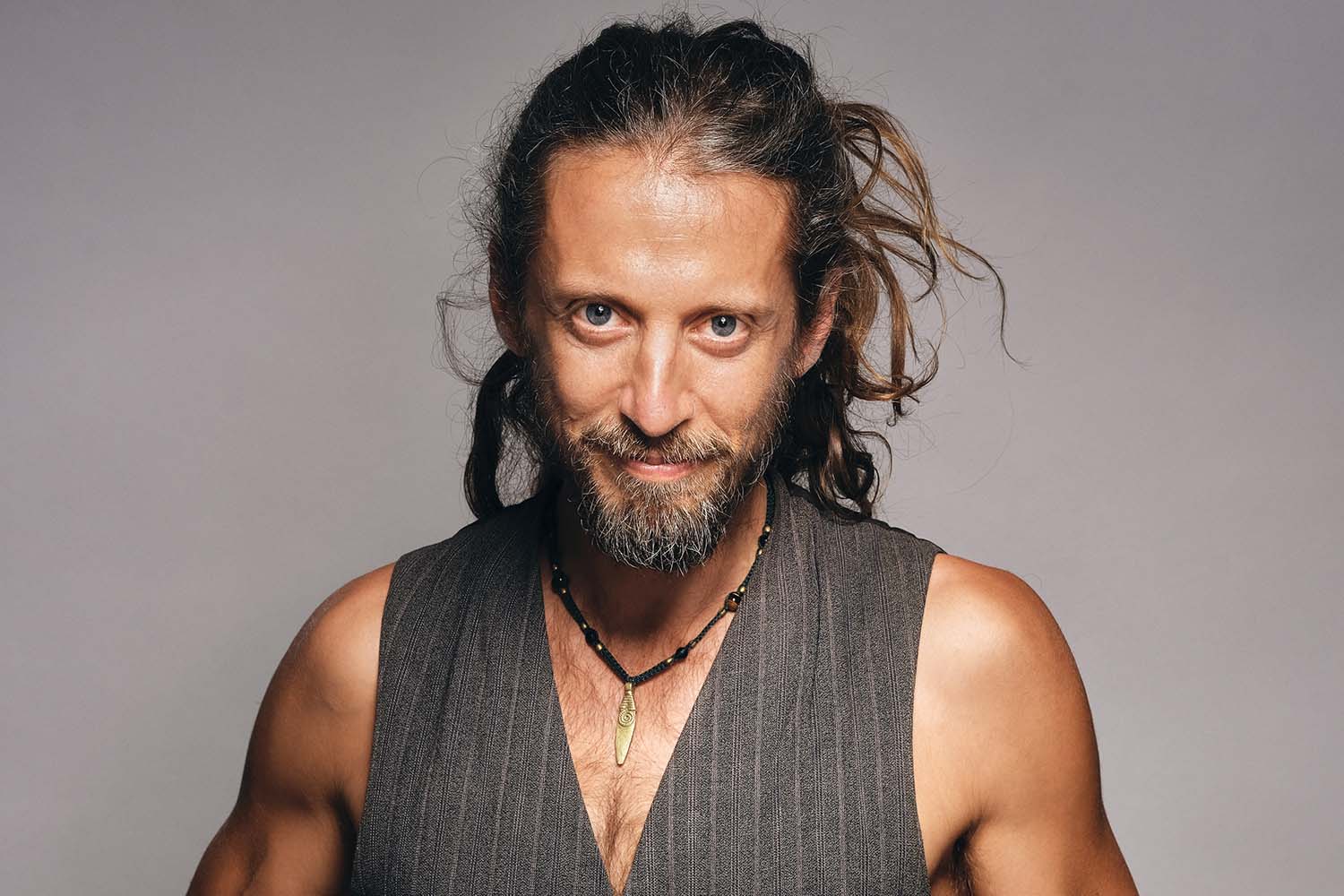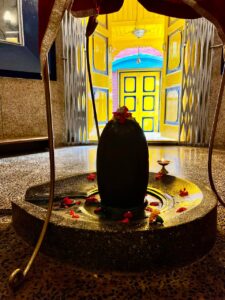How do you navigate intimacy and sexuality workshops together as a couple? Here’s a conclusive guide from last year’s Estonian Tantra Festival teacher Michael Finkel to help couples attend events with clarity, respect, and connection so that you can safely experience something new.
The Boundary Conversation
Before attending any event, have a clear boundary conversation. Your relationship comes first, and both partners should move at the pace of the slower one. Discuss desires, fears, and limits:
- What feels safe? What’s outside the comfort zone but open for exploration?
- What boundaries need to be honored?
- How should each partner respond if one feels uncomfortable?
A boundary conversation helps avoid misunderstandings and ensures that both partners feel secure. Attending these events can be a deep, transformative experience when approached with open communication and respect.
Set a signal or code word for when something feels overwhelming, and remember: You are sovereign. No facilitator knows your boundaries better than you. Checking in with your partner before, during, and after the event can help create a sense of trust and security.
Attending Mixed Events
Not all workshops are couple-specific. If attending a general event:
- Decide whether to work only with each other or be open to engaging with others.
- Communicate with facilitators about staying together if needed.
- If a given instruction crosses your boundaries, adapt it—find an alternative that feels right.
Attending mixed events can be a great way to expand your experiences, but it requires strong communication and awareness. Make sure both of you are on the same page about what you are comfortable with and stay open to checking in as emotions arise.
Engaging with Others
For couples exploring intimacy beyond their relationship:
- Define what aspects (touch, intimacy, eroticism, sexuality) you’re comfortable sharing with others. Also what kind of activities belong only to your relationship.
- Understand that these experiences can be both enriching and challenging.
- Keep the boundary conversation ongoing before, during, and after the event.
It’s important to be mindful of potential triggers that may arise when engaging with others. Open, honest dialogue helps you navigate these situations and ensures that both partners feel safe, respected and seen/heard. Clear communication is key to everything!
Listening to Fears
Fear needs to be heard, not solved. Instead of dismissing concerns, acknowledge them:
- Reflect back what you hear: “I hear that this scares you. Did I get that right?”
- Breathe together and allow space for feelings.
- Recognize that boundary talks are fluid and evolve with experience.
Fears are a natural part of these experiences, and learning how to hold space for each other’s concerns can deepen your connection. When fear arises, approach it with curiosity rather than resistance. Be supportive and take time to experience it.
Managing Triggers
Take responsibility for your emotional world. Know your triggers and communicate them:
- What past wounds might surface?
- How can your partner support you if distress arises?
- What personal practices help you self-regulate?
Example: If you need reassurance of your uniqueness in the relationship, define shared sacred spaces that remain exclusive to you two.
Triggers can be opportunities for growth if approached with patience and care. Understanding your emotional landscape and openly sharing it with your partner can prevent conflicts and deepen intimacy. It is also good to re-visit boundaries and agreements from time to time, and update them when needed. As we all are in constant evolution, so is our relationship and agreements between us.
Practical Tools for Attending Events
Before:
- Discuss personal triggers and needs.
- Agree on signs/signals for communication in real time.
- Set intentions for what you hope to explore or experience.
During:
- Regularly check in: “Was that within your boundaries?”
- Inform new partners about your relationship and limits.
- Use a three-finger signal:
1 finger = All good
2 fingers = I’m struggling, let’s reconnect
3 fingers = Stop, I need support
After:
- Take time to process, especially the small moments that may have triggered discomfort.
- Share insights, emotions, and boundaries that may have shifted.
- Reflect on what felt nourishing and what could be adjusted for the future.
Final Thoughts
Every couple’s journey is unique. Move at your own pace, communicate openly, and take small steps. Not every event has to push your biggest boundaries—growth happens gradually. If distress arises, seek support from organizers or trusted participants, therapists.
Approach workshops with curiosity, respect, and love for each other. The key to a meaningful experience is an ongoing boundary conversation that fosters connection before, during, and after the event. Tantra and sexuality events can be an exciting space for deepening your intimacy, expanding your horizons, and discovering new layers of connection within your relationship.
Have an exciting journey!
Michael Finkel
For full article, you can read it here: https://intimim.co.il/sexuality-events-and-couples/







